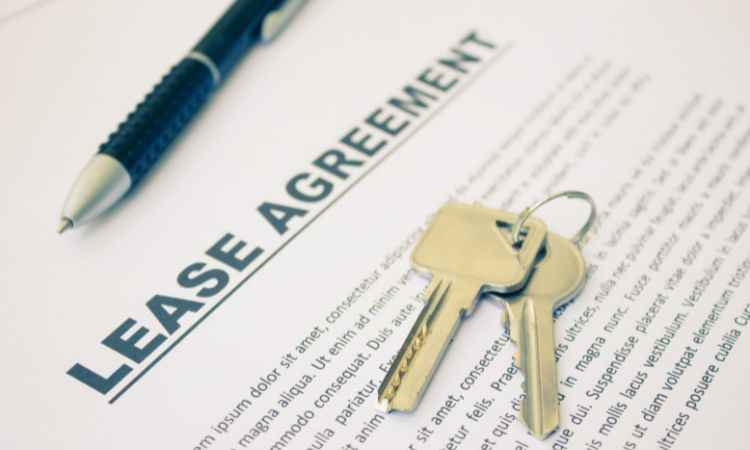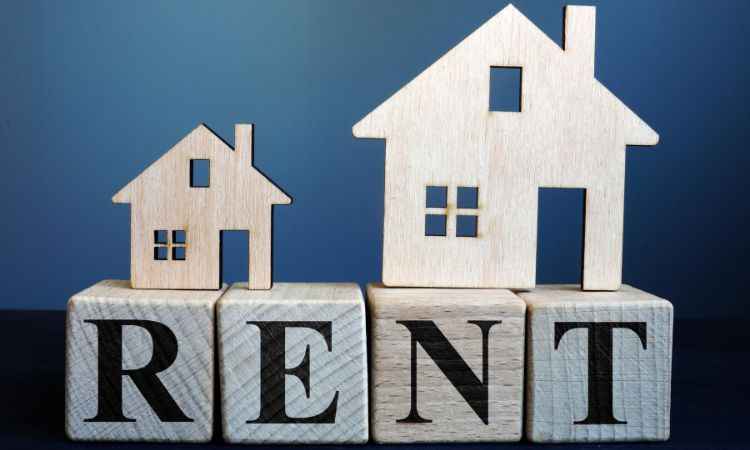Lease and Rent property agreements aren’t the same, even if folks often mix them up. They mean different things for people renting property. If we talk about Lease vs. Rent, let us be clear that Lease Agreement means you’re in it for the long haul. This can last from months to years.
It keeps rent set and steady but can complicate ending the deal. On the other hand, a Rent Agreement is more free and easy. Usually, it goes month-by-month. It’s simpler to stop, plus it blends well with changing times. Getting these small, but important, details help folks make smart choices in property deals. They pick the one which suits their wants and needs best.
In the exciting world of Real Estate Investment, knowing the difference between a lease and rent is a must. This knowledge helps pave a clear path through property agreements.
Table of Contents:
- What is a Lease Agreement?
- What is a Rent Agreement?
- Difference between Leasing vs. Renting Property Agreement
- Benefits of Rent Property Agreement.
- Benefits of Lease Property Agreement.
- Conclusion
- FAQs
What is a Lease Agreement?

A lease is a contract document between the owner and the tenant. This paper describes all agreements between the owner (Lessee) and the tenant (Lessor). It outlines the agreement terms & conditions which allow the use of any immovable property by the tenant in exchange for a fixed sum each month.
The duration of a Lease must be more than 11 months. The lease properties are majorly used in commercial dealings and require complex and sound agreement terms for each potential condition. It makes Real Estate Investment safer & easier.
Also Read: Leasing vs. Buying Commercial Property
What is a Rent Agreement?

Similar to the Lease Agreements, the Rent Agreement is a document referring to the terms & conditions between the owner & tenant for using the immovable property for a certain period. Rent agreements are needed when the means of the agreement are residual and require no complex dealings.
The owners and the tenant don’t want complex clauses between this simple agreement so unlike the lease, there is no need for legal complications. Moreover, the rent agreement duration is usually less than 6 months.
Difference between Leasing vs. Renting Property Agreement
| Leasing Property Agreement | Renting Property Agreement |
|---|---|
| It involves a long-term contract allowing a lessee to use a property. | It involves a short-term contract for the use of an asset or property. |
| It typically extends over a considerable period. | It typically has a shorter duration than a lease. |
| It involves a lessor (landlord) and a lessee (tenant). | It involves a landlord (lessor) and a tenant. |
| The modifications to the lease agreement are generally restricted until the lease term concludes. | The landlord can modify the rent property agreement. |
| In this agreement, ownership of the property remains with the lessor. | In this agreement, ownership of the property remains with the landlord. |
Benefits of Rent Property Agreement:
Property investment emerges as a dynamic tool. Renting property deals gives several benefits. They bring sureness and clear legal rules for owners and renters. This official agreement makes renting smooth and dependable. So here are some of the benefits of leasing a Property Agreement.
1. Avoids conflicts
A well-thought-out renting plan is like a helpful tool to avoid fights between tenants and landlords. It clearly explains each important point like how much rent, for how long the renting period is, and what everyone should be doing. Addressing the critical points produces a clear understanding and reduces potential disputes thereby enhancing the success of property investment.
2. Act as an address proof
For tenants, a rent agreement serves a dual purpose by acting as a significant address proof. Particularly beneficial when residing away from their permanent residence, the document offers a valid confirmation of their temporary abode.
3. Acts as proof for bank loans
A rent agreement is crucial. It serves as a residence proof for those living in rented places. It’s important when getting bank loans, like home loans or personal loans.
4. Damages and repairs
Moreover, the rent agreement protects tenants. It spells out who pays for damages and repairs. It keeps tenants from unwanted costs.
Benefits of Lease Property Agreement:
In the context of property investment offers a flexible option which is suitable for short-term needs. A lease agreement, a key piece in landlord-renter interactions, brings many benefits to both sides.
1. Preservation of Ownership
In a rental agreement, the landlord gives the renter all the risks, promising that they could become the owner without truly handing over the property.
2. Growth Potential
Acquiring items for use through renting is growing in popularity because it’s a good deal. Plus, it can keep the economy going even when things are slow. So, maybe renting could rev up things more than other business methods.
3. Quicker Returns
Renting out property has a quick payback. People who want to get profits quickly might prefer this to projects that take a long time to pay back.
4. Capital Appreciation
Real Estate Investment offers a valuable asset. Owning property and leasing it gives a financial plus. Value generally goes up. Over time, owners can gain from this increased value.
5. Gain of Salvage Value On The Asset
The settlement cost is like a leftover price. Property owners make money from lease payments. After the lease, they get the remaining amount, the salvage value.

Conclusion
At the end of the day, when it is about Lease vs. Rent, it comes down to what suits landlords and renters the best. Leases bring certainty and long-term commitments. This is a solid thing for both landlord and tenant. Rent Agreements provide more options, perfect for those who prefer short-term situations.
The choice depends on numerous aspects like financial matters, the type of the property, and commitment level. Finding a middle ground between steadiness and flexibility guarantees the agreement meets the expectations and conditions of both parties in the renting scenario.
FAQs:
1. Is lease and rent the same thing?
The duration separates lease from rent; leases often last longer, ensuring security, while rent deals are usually short-term, up to 11 months, and provide more flexibility.
2. Is a lease better than rent?
In Lease vs. Rent, the decision between leasing and renting hangs on what’s most important. If you want stability, choose a lease. But, if you value flexibility and the chance to move, renting becomes the better way.
3. Do you get the security deposit back after a lease expires?
After a lease ends, the landlord gives back the security deposit. He deducts any repair or damage costs from it, though.
4. Why is the rent agreement for 11 months?
Lease agreements of 11 months bypass the need for registration. This is required for 12 months or more. This makes it easier for landlords and still meets legal laws.
5. Should a rent agreement be registered?
It’s a good idea to register for a lease. It protects both landlords and tenants if there’s a problem. This way, the lease is officially documented.
6. Is the lease agreement legal?
Yes, a lease agreement must be followed legally by all parties involved. It sets out all the terms for the lease officially.
7. Which is the first state to adopt a model tenancy act?
Assam was the first state to start using the Model Tenancy Act. They started using this legal structure early on.


